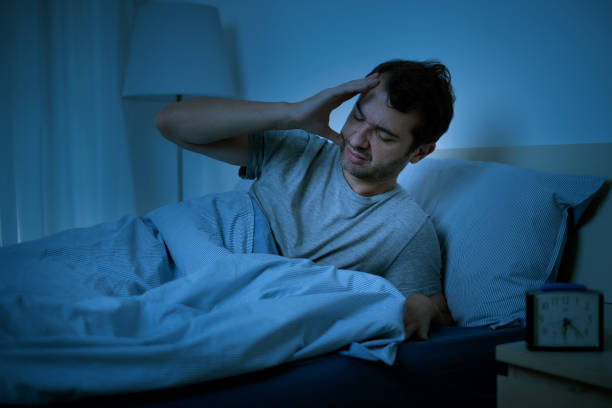●
- March 19, 2021
Part 1 of Our Science Series | Learn
about why sleep matters and how poor
sleep can affect your physical
health, mental health, and
productivity. Learn the causes
behind insomnia.






